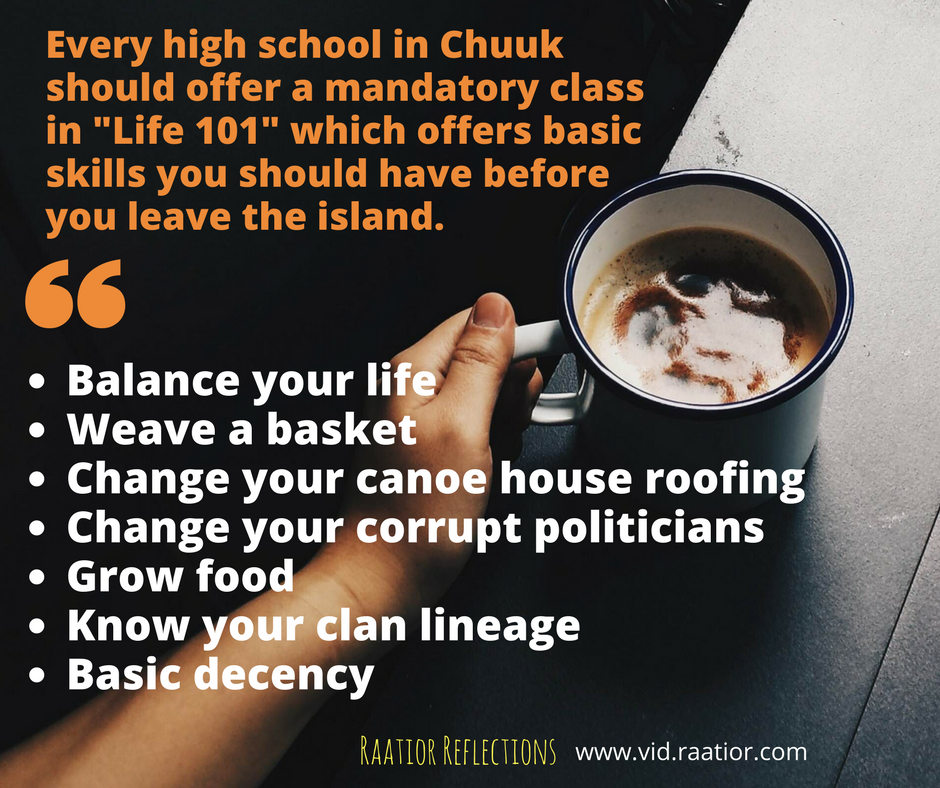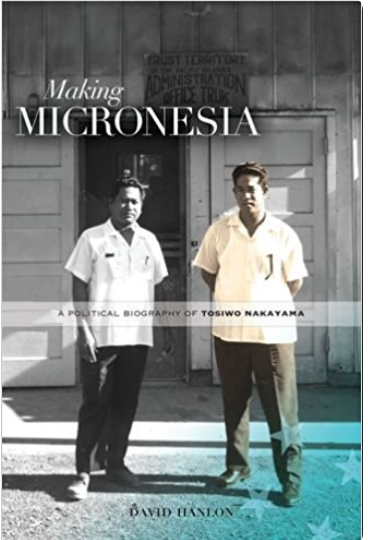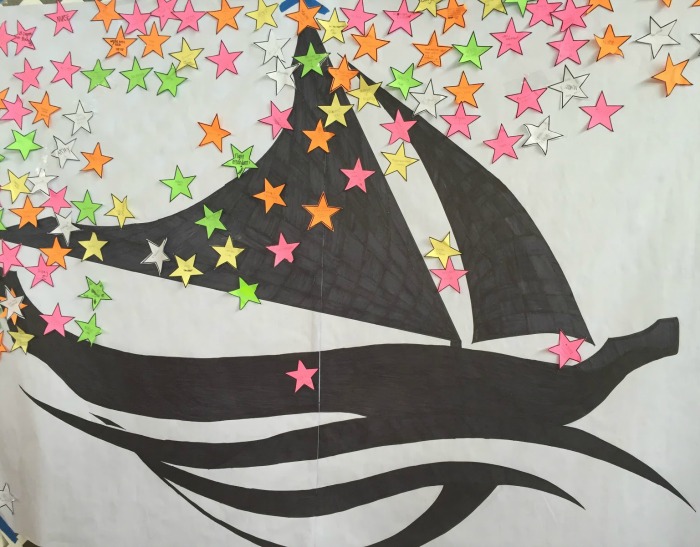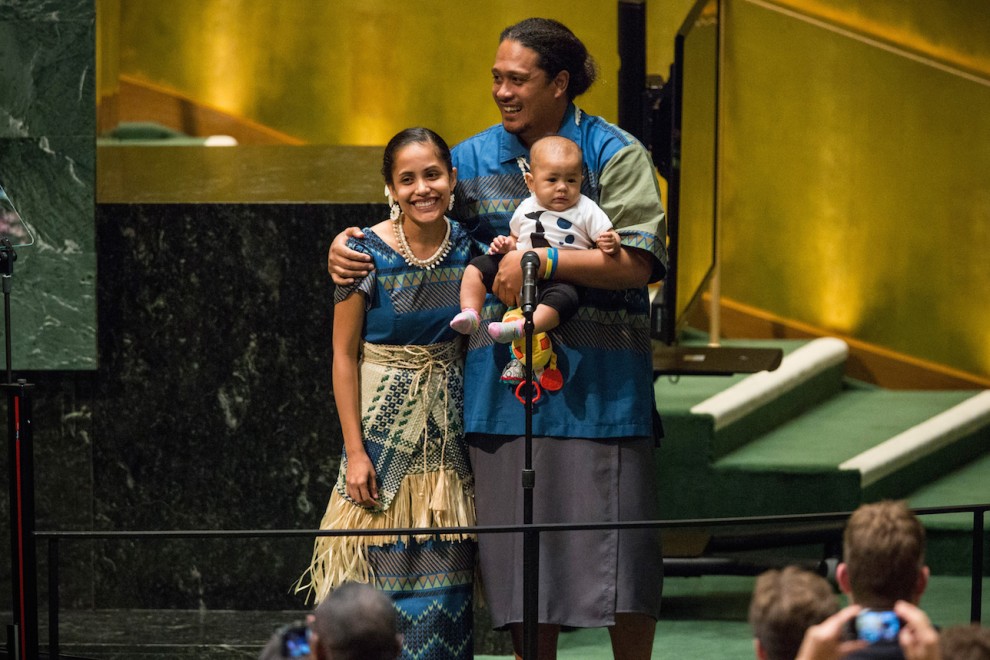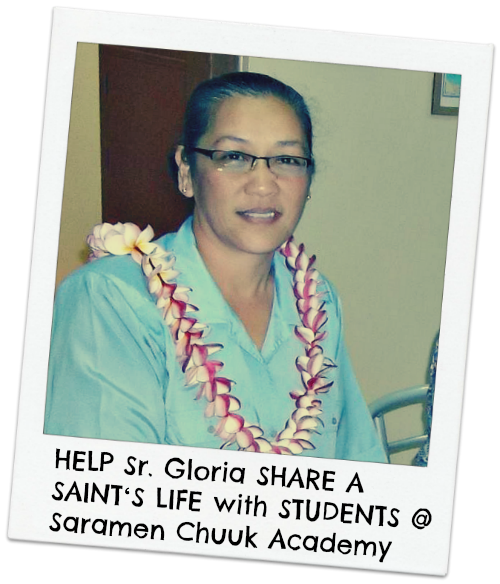Last night I saw a video on FB by a David Clarke which claimed that “every high school should offer a mandatory class called ‘Life 101’ which offers basic things you should know before you turn 18.” They listed these six so-called life skills in the American youth development context:
- Balance a checkbook
- Sew on a button
- Change a car tire
- Change your oil
- Grow food
- Do your taxes
- Basic first aid

For someone who was born and raised in the remote outer islands of Chuuk State, FSM, and attended Chuuk High School, the above list would have made absolutely no sense or applicable to me except the “Grow food” option. On those small, remote islands where there are no running water, electricity, or much of the modern convenience, all we have are our sense of community, our cultures, and our ancestral knowledge that have sustained us long before colonialism landed on our shores.
It made me think about what that list would contain for the Chuukese high schools to teach every student. Here’s my take on it:
- Balance your life
- Weave a basket
- Change your canoe house roofing
- Change your corrupt politicians
- Grow food
- Know your clan lineage
- Basic decency
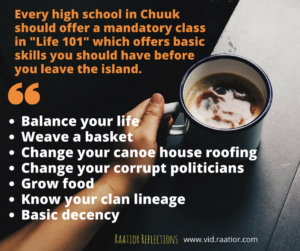
The latest colonial power that swept through Chuuk in Operation Hailstorm was the United States military. The aftermath of that military operation to “liberate” our islands from the Japanese occupation was yet another occupation by the American government. Like the previous colonial occupiers (Spain, Germany, Japan), the Americans started their own school systems throughout the Micronesian region. They did so without honoring the indigenous knowledge, ways of learning, cultural practices, traditions, form of governance, spirituality, and our daily life cycles of our islands.
Today, Chuuk suffers from an identity crisis with our educational system. We are neither great at using the American model nor do we have our own to match our desire to become an independent nation. When evaluated by American accreditation standards, most of our current public schools suffer from “low performance” and “substandard education.” Chuukese schools rank at the bottom in the FSM.
The public schools in the Northwest the last 5 years have suffered the lowest academic performance in the entire FSM. Yet, if we judge the children of the Northwest by indigenous standards, we have a lot to be proud of. We should be proud that the Northwest region continue to perpetuate most of the indigenous values, cultures, traditions, customs, art in the entire Chuuk State.
If the Chuukese political leaders are serious about making a claim for Chuuk’s place in the global community as an independent nation, then they must start by reclaiming the indigenous soul of the Chuukese people. We must reclaim the strength of the Chuukese warriors, the selflessness of our Chuukese traditional chiefs, the soul of our Chuukese theology, the communal nature of our own Chuukese governance structure, the wisdom of our Chuukese master navigators; we must re-educate the Chuukese children with the same zeal and care as our aunties and head of clans passing on knowledge to sustain the clan.
We cannot have an independent nation without first forming our independent-mindedness from colonialism. We must formulate an authentically Chuukese public education system that honors and perpetuates all of these God-given gifts to the Chuukese people. We must re-envision our schools to teach the Chuukese language in all its beautiful grammar, sentence structures…long before we teach English; schools must teach our history, our myths, our legends, our scientific and mathematical ways.
Our Chuukese schools must be centered around the pulse and cultural practices of the island community for which it serves. Schools must stop being a foreign culture that fails to fit into the fabric of the island. When school is part of the pulse of the island, then it becomes a year round formation of our children instead of blindly following the American seasons of Fall, Spring, Summer and the minimum 180 school days. Why do we put a limit on the number of days a Chuukese child is educated when the Chuukese culture is perpetuated year-round?
If I had any say in the future development of the Northwest region schools, it will be to help our people and leaders re-envision a truly Chuukese education system…a new eChuukation System. The Northwest region will champion the reclaiming of our indigenous knowledge, language and cultures; we will reset the clock on the negative impact of colonialism on our islands. The Northwest will become THE center of a Chuukese Renaissance…piloting public schools that honor our Chuukeseness… forming respectful, wise, humble, and courageous global citizens who are successful wherever they go around the world. I dream of a Northwest region modeling cultural and linguistic preservation for Chuuk and the rest of the FSM while preparing the youth to succeed in a global market.
